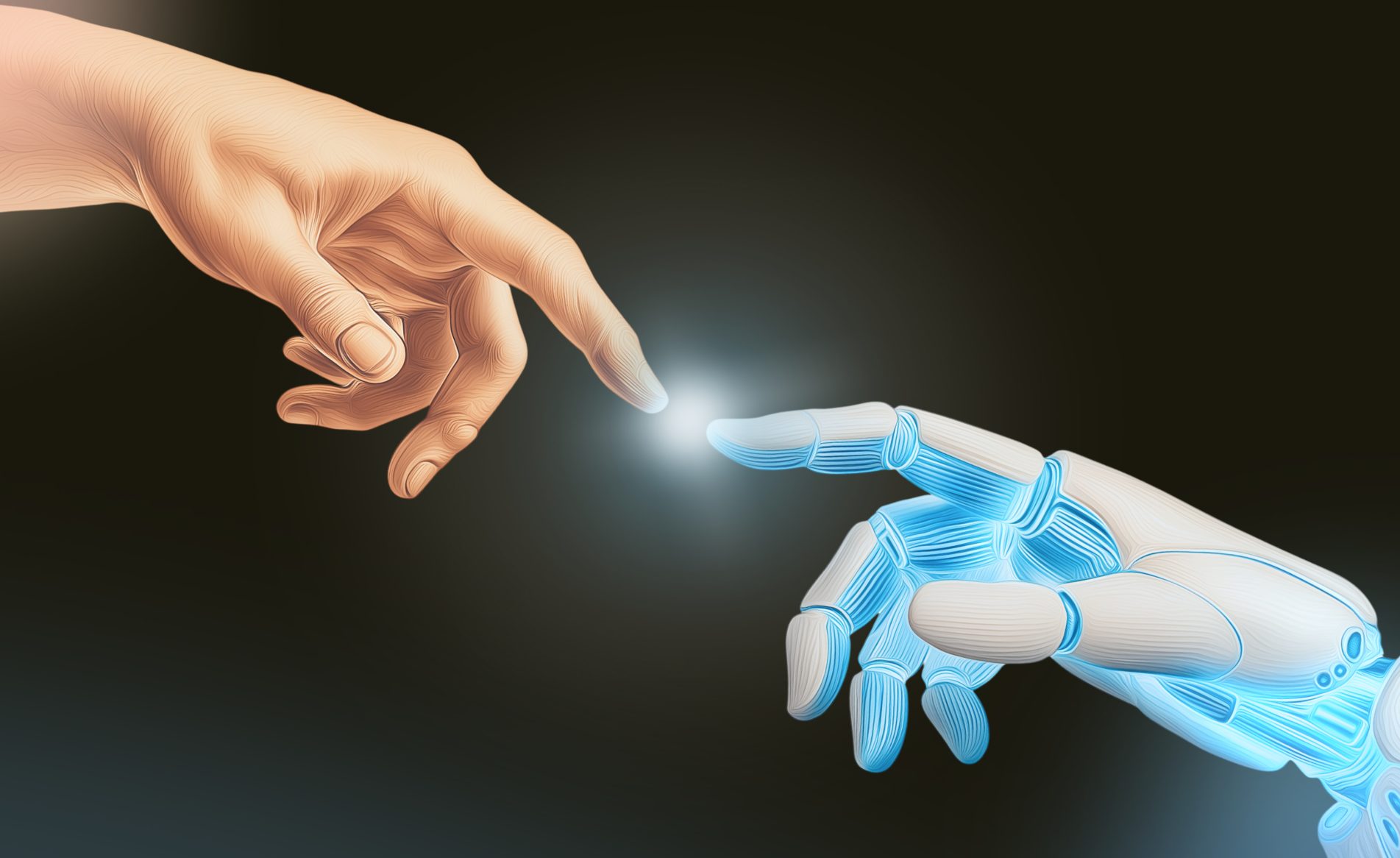IT service management (ITSM) is at a critical juncture, with numerous factors shaping its future direction. There’s artificial intelligence (AI) and the opportunities of automation, continued digital transformation, the ongoing impact of DevOps, Lean, and Agile practices, consumerisation and experience-based expectations, plus new frameworks and models all contributing to the future of ITSM.
As ITSM professionals, we need to change, but where and how should we do so? This blog looks at the need for people and new skills that will hopefully help you arrive at your own answer.
The need for ITSM change is nothing new
Over half a decade ago, I called out the need for the role of IT to evolve, from:
- Systems to service provider
- Engineer to retailer
- Geek to broker.
This vision was based on all the changes ITSM teams were experiencing, with IT organizations needing to stay relevant to business needs and influenced by the external drivers for change, such as increased automation, with many IT support tasks and administrative approval and documentation functions undertaken by technology rather than people.
People must add value
Even five years ago, I would say, “We must focus on the areas where we can add value as humans…” with our success dependent on our ability to interact productively, positively, and professionally with people.
Communication and relationships are key, but a key success factor going forward will be our ability to develop our people (or as people), not simply to follow frameworks. ITSM professionals must develop a broad set of skills and competencies, including new skills that enable them to be effective in an “experience economy” where AI technologies are embraced as better ways of delivering IT services and support across all three of “better, faster, cheaper.”
What skills and competencies are required?
With more potential automation, the scope for human interaction in ITSM is reduced, and this means that actual interactions between people must be excellent. Many of the issues we face in ITSM still rely on people, relationships, and business focus.
We have long spoken about the need for soft skills in ITSM. These include:
- Relationship building
- Maintaining customer focus
- Communication skills
- Business skills and knowledge
- Understanding and managing risk
- Influencing and motivating difficult/resistant people
- Dealing professionally with varied customer issues
- Standing up to experienced technical people
- Being able to calm down angry/difficult people
- Achieving agreement on difficult issues
- Keeping up to date on new developments
- Procuring/negotiating contracts
- Managing budgets/finance
- Being positive and resourceful.
However, in an age where the use of AI in ITSM is ramping quickly, the need for “human skills” is also relevant. For example:
- Problem solving
- Critical thinking
- Collaboration
- Emotional intelligence
- Service orientation.
The key being the capabilities that only people, rather than AI, can offer to business operations and outcomes. This also applies to some, but not all, of the soft skills listed above.
How do you make the transition?
For me, the required shift for IT professionals is embodied in the phrase “You have to become comfortable with being uncomfortable.” Workers with transferable skills and a confident and flexible mindset will be the most resilient to the changes that technological disruption will continue to bring.
It’s important to prepare for change, and these three tips will help you:
- Recognise that you are responsible for your own personal development
- Commit to lifelong learning, upskill to keep up with the pace of demand
- Be flexible about using your skills in different ways.
Ultimately, though, it doesn’t matter how you gain the required new skills. Good communications and leadership are universal, and the paths to new competencies are varied – there’s no single way.
What can you do to make a difference in the next 3-6 months?
It’s important not to stand still, simply hoping for the best. Instead, invest in yourself and your future. Focus on the competencies your organization needs (and some of these might be new) and soft skills development. Ways of working are important too – encourage open, collaborative ways of working that highlight your flexibility and drive for business rather than individual success.
Develop your people-based competencies; these skills will differentiate you and bolster your career development. Also, automate and optimize where possible. Technology-driven change will continue to happen in ITSM (and the wider business), and it’s important to be part of it rather than to be seen as “getting in its way.”
The new service manager
While IT has long valued technical knowledge and experience, including in ITSM roles, the “new service manager” needs to be able to do so much more. Modern capabilities for service management roles will also include:
- Organizational change and people development
- Key business knowledge/skills
- Contract and supplier management
- Supply and demand management
- Marketing and communications
- Relationship management
- Contract negotiation.
Please ensure that these are considered in your personal development plans.
A final thought
While your organization might have been “neck-deep” in digital transformation initiatives since the global pandemic, with AI capabilities added more recently, it’s critical to remember that digital transformation is about how we adapt as people as well as how much we automate.



